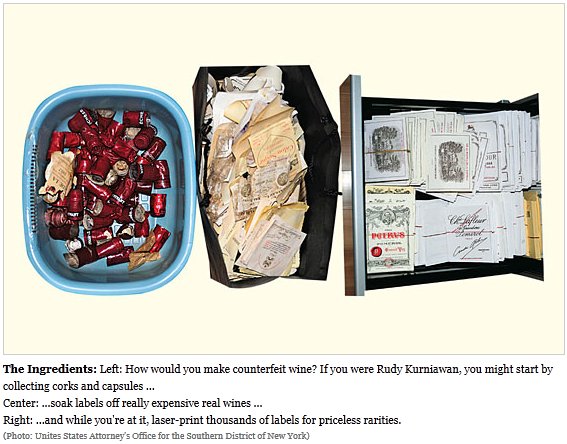Naval warfare has seen several revolutions as new technology disrupts the status quo. The pace of innovation has meant shorter spans of time between revolutionary developments, and this is a serious problem for naval powers as ships take so long to build and have to serve for lengthy periods of time.
Last year, I posted an article about how the Royal Navy had attempted to ride the technological changes during the Victorian era, with varying levels of success:
Fifty years later, the stasis is being broken technologically. Wind power is giving way to steam. Solid shell cannon are starting to give way to both larger and more complex weapons. Iron is starting to supplant oak as the material of choice for shipbuilding. The renowned duel between USS Monitor and CSS Virginia (formerly the USS Merrimac) sets all the major navies of the world busy considering how to protect their existing fleets and merchant vessels against the new threat of the ironclad.
The English government is suddenly faced with the stark reality that their entire fleet has become or is about to become obsolete. Neither Monitor nor Virginia are ocean-going ships, but the message is clear that no wooden vessel has a prayer of survival against the modern steam-powered ironclad. And even the greatest economic power in the world can’t replace an entire fleet overnight.
The Admiralty couldn’t depend on past experience for guidance, as everything they’d done for hundreds of years was now undecided: what kind of ships do you need to build? How will they be armed? How will they be armoured? How will they be propelled? Bureaucracies are, by nature, not well equipped to face challenges like this. The Royal Navy, from the late 1860′s until the late 1880′s struggled with finding the correct answer, or combination of answers, to meet the needs of the day.
It’s not just a single change — like the switch from sail to steam power — it’s multiple changes, each with their own array of materials, training, support, and maintenance changes that force organizations to adapt. This runs directly into the problem that it takes years to design, build, arm, equip, and crew a new ship. The pace of change was so brisk in that period that ships could literally be obsolete before they were commissioned into the fleet. And bureaucracies are by their very nature, ill-suited to cope with disruptive change: they thrive on routine and predictability.
Today, the US Navy finds itself in the same relative situation as the Royal Navy of Queen Victoria: the most powerful fleet in the world, but facing uncertainty due to technological changes. Strategy Page has a brief run-down of the potentially disruptive developments we may see in the near future:
The 21st century is barely underway, and much unknown technology is yet to be invented. Many of the key warship technologies were unknown in 1912. But we can already see some new stuff which is leading revolutionary changes in how navies will operate this century. Here some of the more obvious ones.
Unmanned vehicles. Unlike aircraft, which were a new vehicle, UAVs (Unmanned Aerial Vehicles), UUVs (Unmanned Underwater Vehicles) and USVs (Unmanned Surface Vehicles) are radically new technologies. There are already examples of all three in service. There will be more and they will change everything by incorporating more powerful AI and new weapons. That said, UUVs were first developed in the 19th century (the modern torpedo) and 20th (guided missiles). But these two weapons were not flexible enough to change as many aspects of naval warfare as unmanned vehicles will be doing.
Super Sensors. Sonar (using sound to detect objects underwater) appeared during World War I (1914-18) while radar (using radio signals to detect objects in the air) was developed during the 1930s and widely used during World War II (1939-45). Widely recognized as the first electronic sensors (although the earliest sonars were all-acoustic), their 21st century descendants are much more capable. More powerful computers and transmitting technology has since produced several generations of cheaper, more reliable and more powerful sensors. This is continuing and the power of new sensors will make it much more difficult to hide. Stealth is still important for spoiling the aim of long range guided weapons. But the super sensors make it much more difficult to achieve surprise by coming out of nowhere.
Other items on this list include artificial intelligence (AI), all-electric ships, stealth technology, networking, composite materials, space-based services, nanotech, and laser weapons. Lots of ways for admirals to lose sleep over the next few years.




